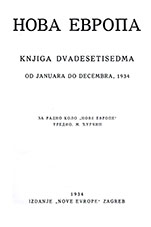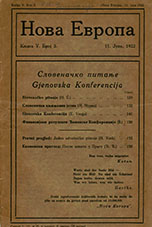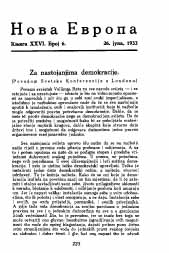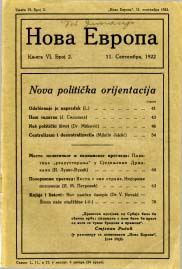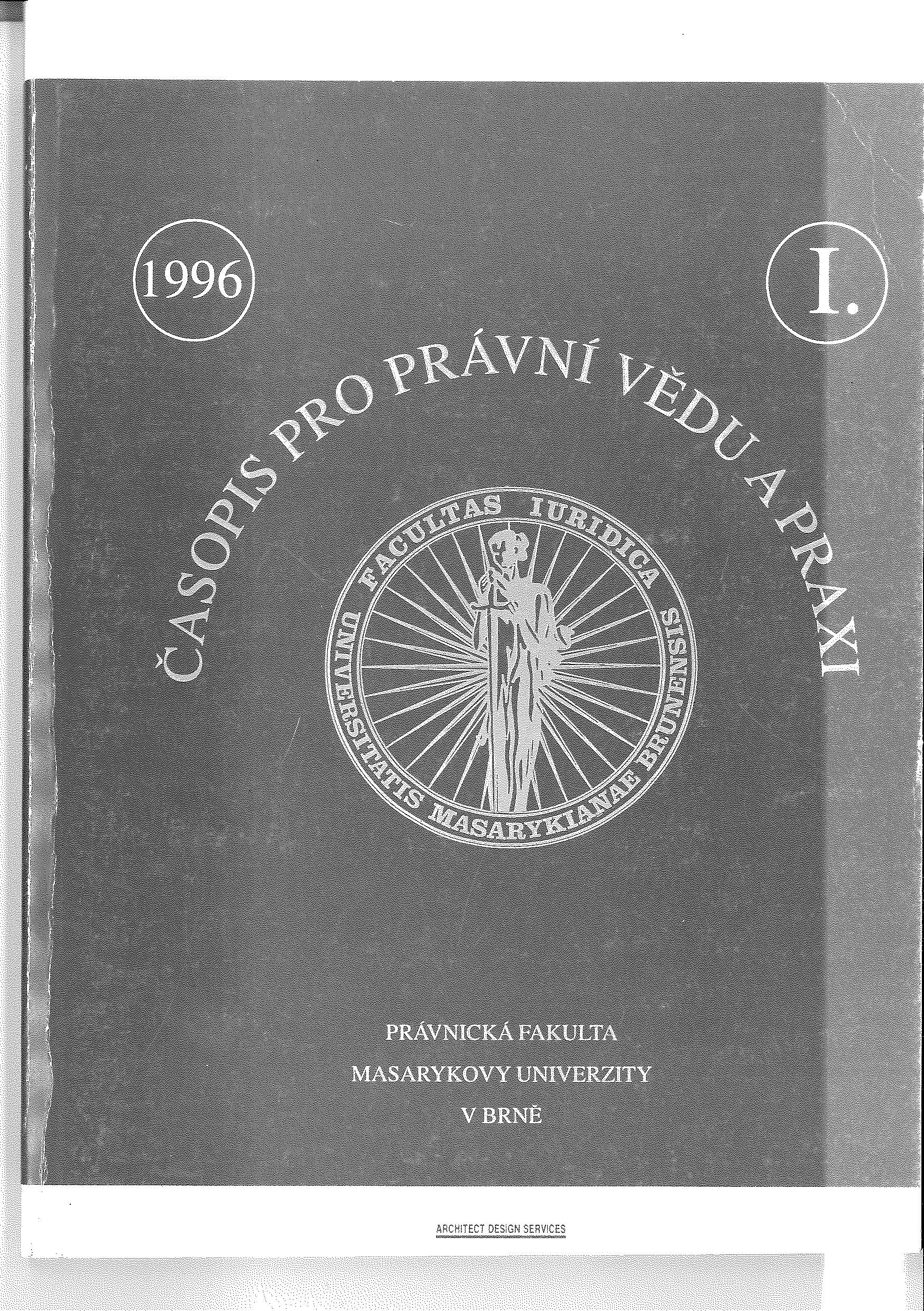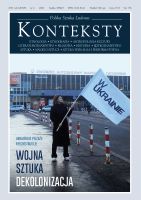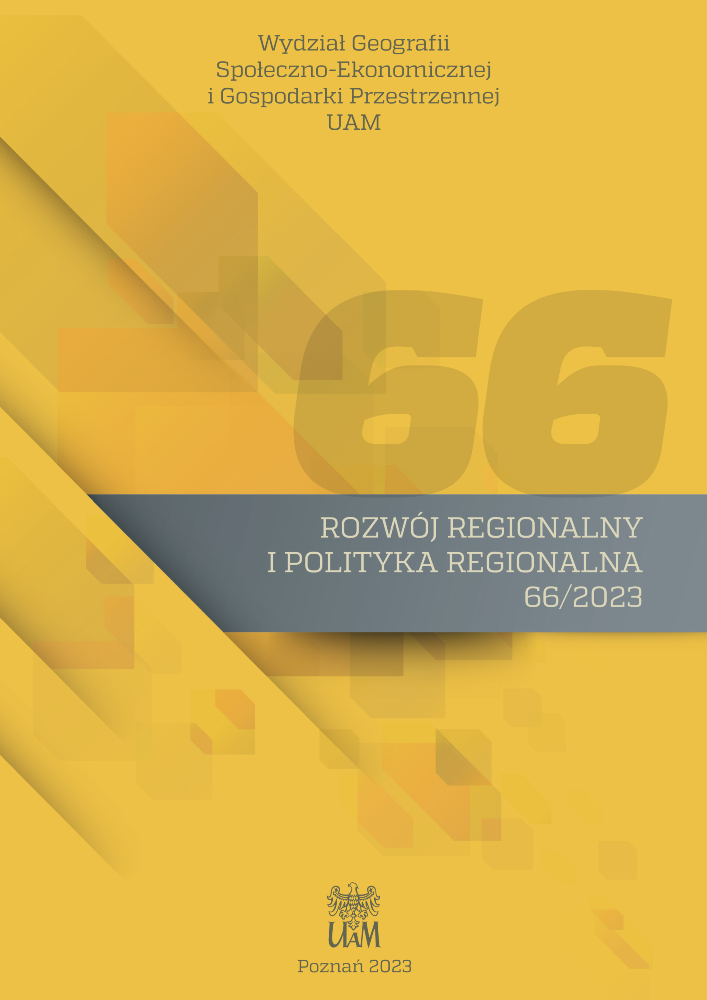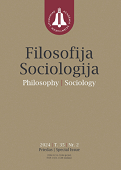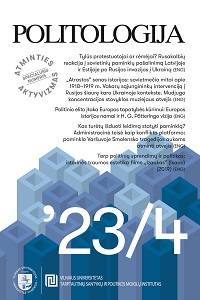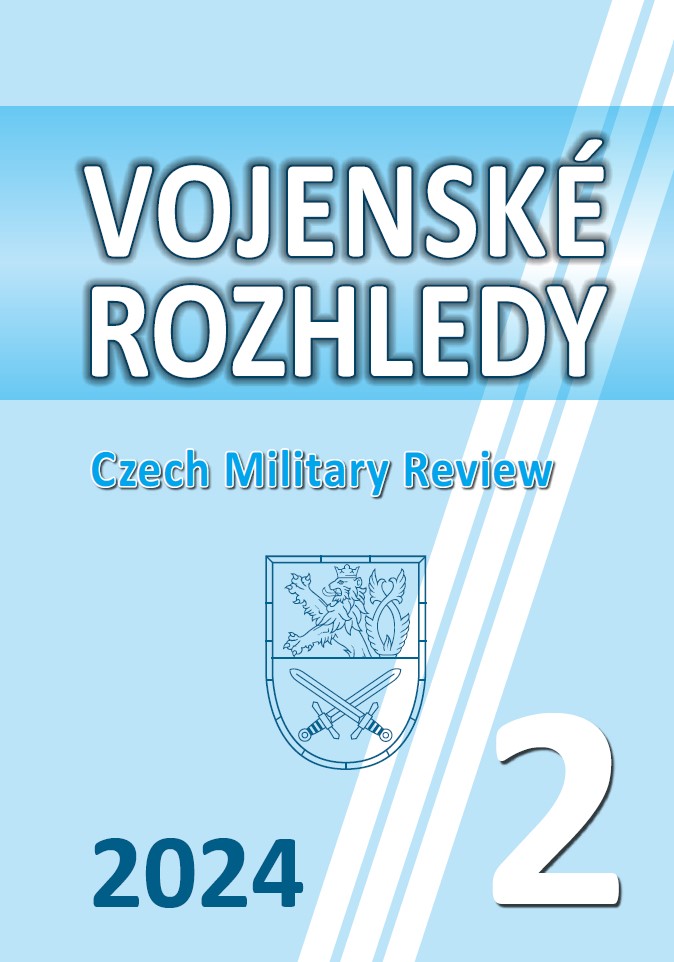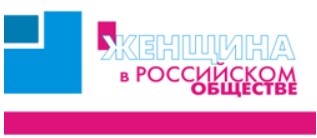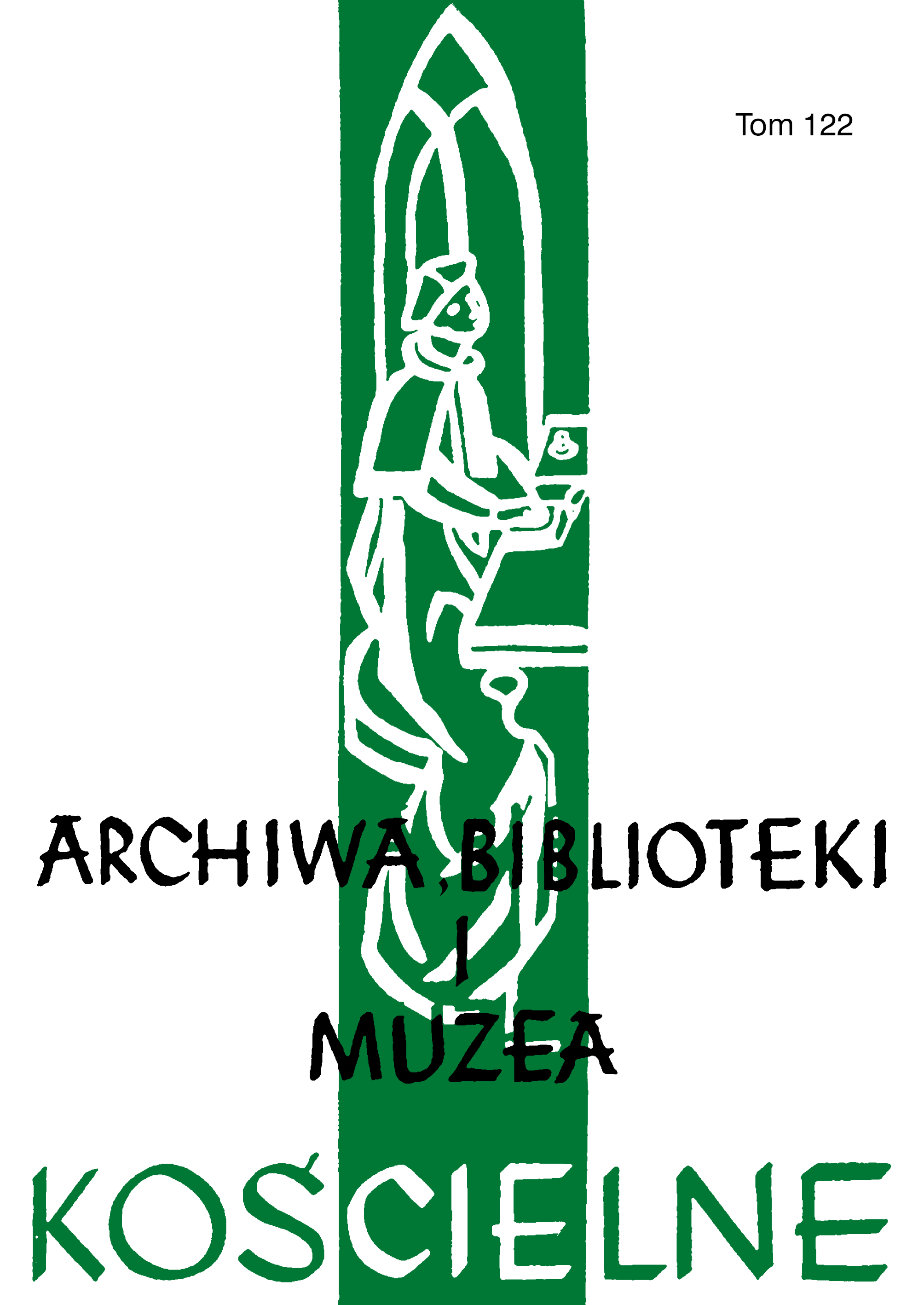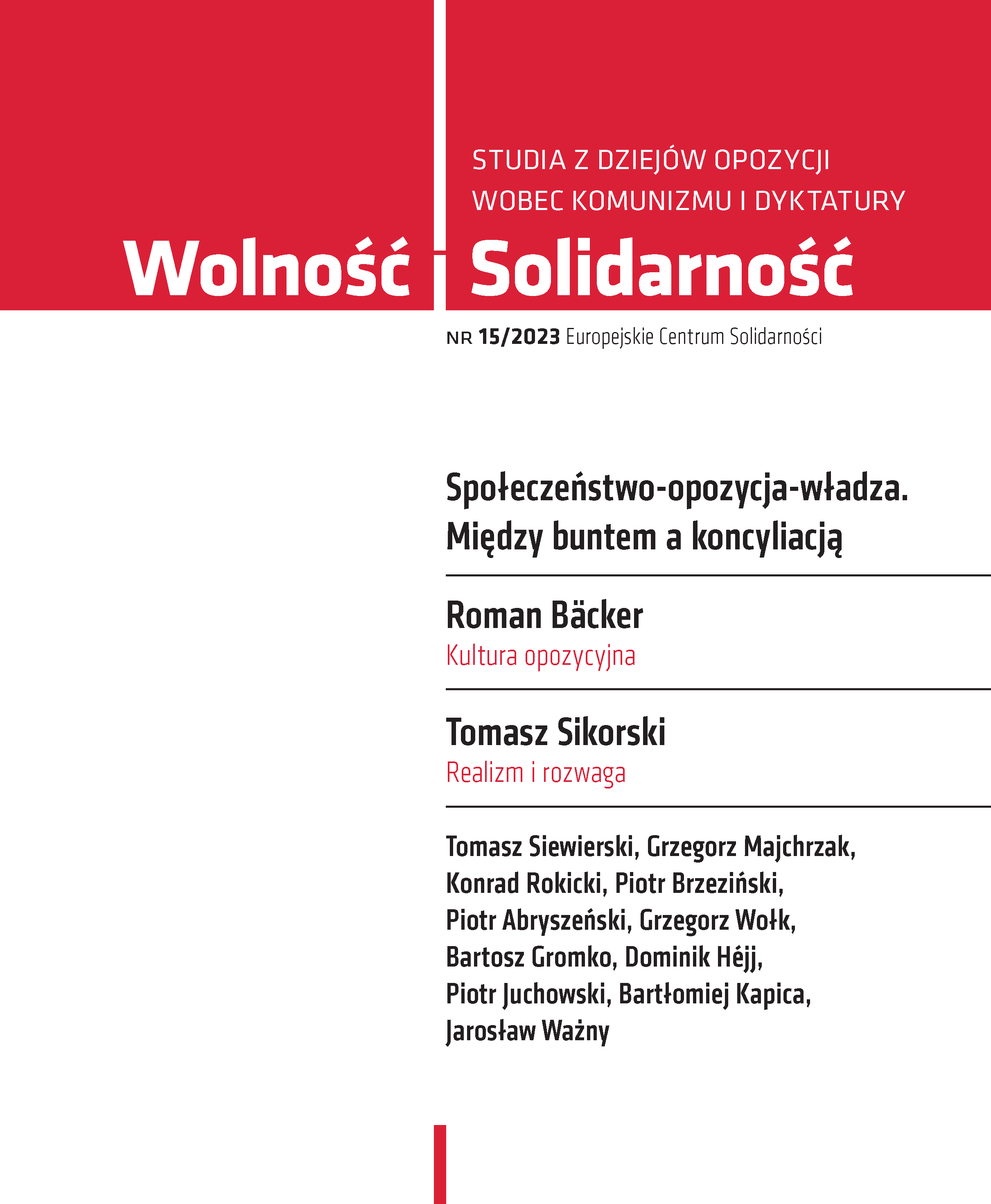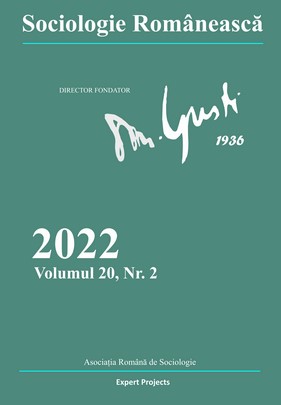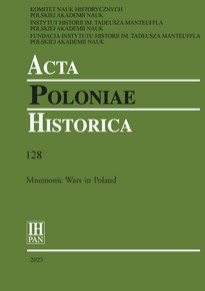Author(s): Władysław Rożkow,Mieczysław Ryba / Language(s): Polish
Issue: 122/2024
In 1944, after the reappearance of the Red Army, Ukrainian territories previously occupied by the Third Reich came under the administration of the atheist Soviet state. Aiming to free society from all ‘religious antics’, the communist authorities almost immediately began systematic measures aimed at the complete subjugation of the Church, and ultimately its annihilation. The anti-church policy, slightly modified during the war and consistently embodied by Soviet officials, very quickly began to bear fruit. Mass arrests of priests, expulsion of bishops, and suppression of religious centres left the faithful largely without pastoral care. The religious life of many communities was going underground. Under the conviction that the presence of priests brings about a revival of religious life, the Soviet authorities tried in every possible way to hinder the performance of the pastoral service of priests in parishes other than the place of settlement. A great battle was fought over the catechization of children, which the authorities tried to prevent. Despite prohibitions and surveillance, priests and lay faithful carried out various formation activities, preparing children especial ly for First Communion. The authorities, in turn, pursued intelligence activities aimed at undermining or eliminating catechesis from the lives of the Catholics. In the post-war period, most Catholic communities in Ukraine did not have a permanent pastor. Some were not entitled to the presence of a priest at all. The lack of clergy caused the faithful to hold traditional, familiar services without the presence of a priest. Quite often, the services took the form of a simplified Mass, presided over by a person well versed in the liturgy who enjoyed great authority and trust in the religious community. Since, according to Soviet legislation, religious practices could only take place in registered parishes, the Council for Religious Cults used every opportunity to deprive individual communities of their legal rights. Despite the ban on congregations – in towns where temples were closed – the faithful continued to gather for communal services in cemeteries and private homes. Religious organizations, operating in secret, played a special role in the religious life of Catholics, including rosary circles and third orders. They have been instrumental in preserving religious identity and practices and passing on the faith to the next generation.
More...
